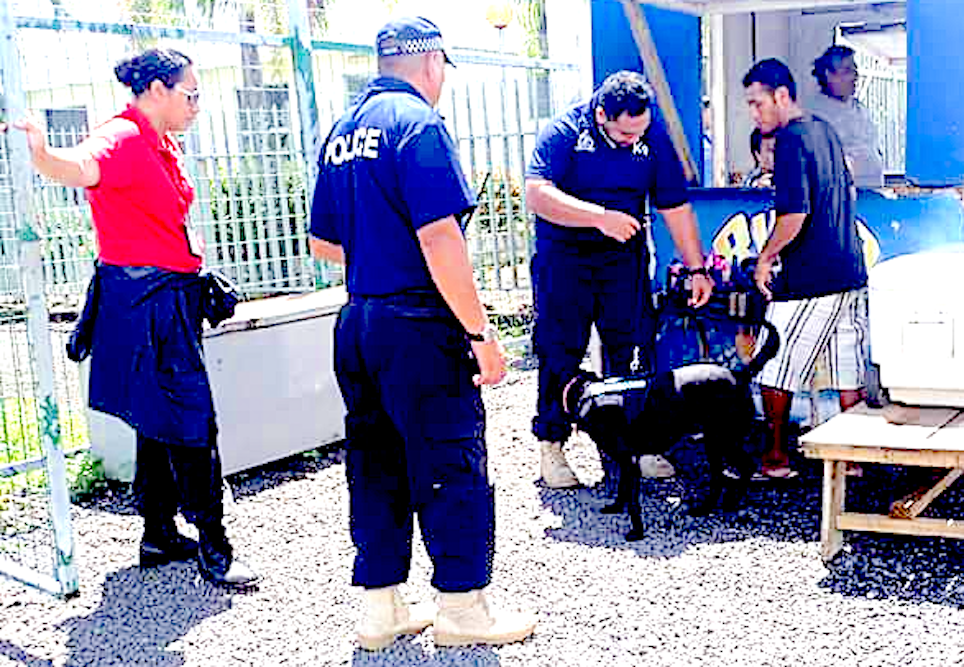
By Mataeliga Pio Sioa
Under the traditional rule of village law, punishment can be collective whether the people involved were guilty or not of a crime.
Sit on that for a little bit.
Criminal punishment decided in a court of law under our formal Justice System isolates the individual law breaker.
Do the crime and suffer the time.
If a group of individuals were also involved in the same unlawful act they too will be punished accordingly.
Take careful note here of the punishment variations.
In simple terms, legal justice drops the hammer on the individual who committed the crime.
Under village council rule ‘ the whole family is liable to carry the punishment of the guilty member.’
When the punishment is village banishment, often the whole family is forced to be uprooted depending on the severity of the crime.
Here is a thought!
Remember when Adam ate the apple and the Gates of Heaven slammed as punishment on our faces as Children of God?
See the parallel there?

The sin of one is the sin of all!
BUT! Is that Justice?
Let’s set aside for now the arguments for and against the question.
Consider yourself guilty of the crime – whatever it is.
Imagine how it leads in a village situation to your parents, siblings and even grandparents, uncles and aunties, forced out of the comforts of home.
Lets not forget the rush to find new homes outside the village.
All this is from the power of the village council law of collective punishment.
This is an issue of punishment where Justice easily leaves us in a muddle.
The use of illegal drugs in rural village youth is well under control.
Why? Fear of the village council rule of collective punishment. We all know that. Not a secret.
Urban youth is a different story. The law of criminal justice applies to the individual and the punishment is handed down by the court of law accordingly.
‘You do the crime you do the time’ is the slang that sums it up.
But is this particular criminal act feared by the urban youth the same as in the young people raised in the village council traditional rule of law?
The answer is no. Criminal statistics of youth arrests for the use of illegal drugs in the urban youth are much higher.
Herein lies the muddle in our question of Justice.

Bundle up the guilty and innocent together under the collective rule of traditional village law and the fears of punishment are effective enough to assert legal control on illegal drug use by the youth.
Lock up the guilty youth on the criminal conviction as an individual and it does not induce the same prohibitive fear of illegal drugs use as in collective punishment.
How would you like to sit in judgement of the justice and the rewards behind the collective versus the individual rule of law and punishment?
The job is all yours.
Good luck.